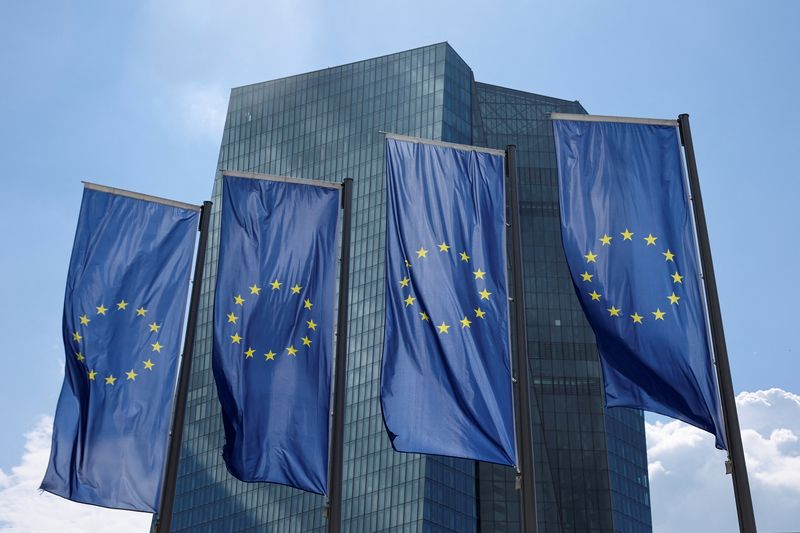European investments to fight inflation
2022.11.22 11:14
[ad_1]

European investments to fight inflation
Budrigannews.com – The European Commission stated on Tuesday that governments in the Euro zone should maintain investment levels during the anticipated economic slowdown and coordinate their fiscal policies for 2023 so as not to conflict with the efforts made by the European Central Bank to reduce inflation.
As part of the EU’s annual policy coordination, which determines the optimal policy mix for the currency bloc as a whole, the Commission makes recommendations for the 19 euro-using nations.
This year, the war in Ukraine, the energy price crisis that followed, and the anticipated technical recession in Europe—challenges to which different countries in the euro zone frequently respond in different ways—make coordination even more crucial.
“This year will be difficult for the European economy.However, “we are well-positioned to face them if we remain united and pursue a coordinated policy response,” Economy Commissioner Paolo Gentiloni stated.
The extent to which governments offer assistance to households and businesses in the face of record-high energy costs is a major issue.
Germany, the richest nation, provides a package of assistance that is more than twice as extensive as that provided by wealthy peers France and Italy.
According to the Commission, such support not only stifles competition in the EU’s single market but also serves as a fiscal stimulus and hinders the ECB’s efforts to reduce record-high inflation.
According to the Commission, the negative effect is exacerbated by the fact that 70 percent of the government support measures are temporary and targeted at the economy’s most vulnerable individuals rather than being broad and difficult to remove.
According to the statement, “Euro area member states should continue to coordinate fiscal policies to support the timely return of inflation to the European Central Bank’s medium-term target of 2%.”
It stated that “(they should) ensure that support provided to households and businesses that come under financial stress because of the energy crisis is cost-effective, temporary, and targeted at vulnerable ones, in particular SMEs.” This support should be provided to households and businesses.
In order to ensure that there is an incentive for energy savings, it suggested that governments establish a system in which the state would subsidise a certain amount of energy consumption while charging the market price for anything above that.
As the economy enters a technical recession, which is defined as two consecutive quarters of contraction, the Commission also urged governments not to reduce public investment. This task would be much simpler if grants were made available from the EU’s post-pandemic recovery fund.
It added that governments should try to strike a balance between limiting the so-called second-round effects on inflation—when rising wages just cause more price increases—and protecting workers’ purchasing power during a time of record consumer price increases when influencing wage developments.
[ad_2]








